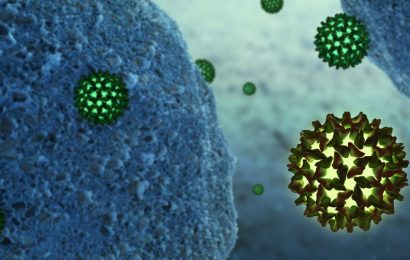Is it really important to know which type of diabetes you have? Yes, and here is one reason: At least one in ten people who have been diagnosed with Type 2 actually have something called LADA, or latent autoimmune diabetes of adults.
Some doctors are calling LADA Type 1.5 diabetes because it has features of both Type 1 and Type 2.
LADA was uncovered in the 1970s when researchers were using a blood test to find proteins known as autoantibodies in people with Type 1 diabetes. The presence of these autoantibodies indicated that the body’s immune system had begun to attack the insulin-producing beta cells in the pancreas.
Most people with Type 2 diabetes have none of these autoantibodies. Why? Because with Type 2, our bodies are becoming resistant to insulin, not actively destroying the beta cells.
Our insulin-making cells do gradually wear out after many years, even decades, but we will still make some insulin. This is the reason we try to lower our insulin resistance with exercise and healthy eating.
It is also why oral medications are helpful in Type 2 diabetes. They may either lower our resistance to insulin or encourage more insulin production. More than half of us with the condition never need insulin injections at all.
But in Type 1 diabetes, the beta cells are destroyed permanently. This is a swift and potentially dangerous change, and the person needs to be put on insulin immediately.
For a long time, Type 1 was called juvenile diabetes and Type 2 was called adult-onset diabetes to distinguish them. Then LADA was discovered in adults. For some unknown reason the T cells (specialized cells from the body’s immune system) of people with LADA started to attack their beta cells, destroying them a little at a time.
This process may take years, but the result is diabetes — both from insulin resistance as in Type 2, and also from destruction of the beta cells as in Type 1.
Because LADA always happens in adulthood and begins slowly, it is easily mistaken for Type 2 diabetes. Since nine out of ten people with diabetes have Type 2, this is a common diagnosis.
At first LADA seems to respond to the oral medications and changes in diet and exercise that are prescribed for people with Type 2 diabetes. But that is because it takes so long for the beta cells to be completely destroyed.
This is precisely why it is important to know which type of diabetes you have.
Doctors who study the course of LADA in comparison to Type 2 diabetes have determined that the sooner a person with latent autoimmune diabetes is given insulin, the better.
Doctors do not believe it is necessary for most of us who have been diagnosed with Type 2 diabetes to get the autoantibody test that discovers LADA. If we have the symptoms of the metabolic syndrome, it is likely that we have Type 2.
Those symptoms include abdominal obesity, high fasting blood sugar, high blood pressure, and high triglycerides. And if oral medications and lifestyle changes are keeping our blood sugars in good ranges, we can be fairly certain we have Type 2.
However, if you have been diagnosed with Type 2 but are active, not obese, and your blood pressure and cholesterol is normal, it would be a good idea to have your blood checked for the protein markers of latent autoimmune diabetes in adults.
With LADA it is important to get on insulin quickly, even though you may not be in a high blood sugar crisis.
Here is what professor Tetsuro Kobayashi, MD, PhD, at the University of Yamanashi in Japan, has to say: “Insulin treatment can preserve beta cell function. If you use other oral agents, you lose function faster and go to an insulin-dependent state very, very quickly.”
So a misdiagnosis of Type 2 means you will take oral medications that do not work, and you may lose your insulin-producing beta cells faster.
Of course, if you are already on insulin, the treatment will not change regardless of which type of diabetes you have. The same healthy eating habits and exercise will improve your outcomes and lessen the risk of complications.
This is your journey, and the more you understand about your condition the better. Take care of yourself, because you matter.





